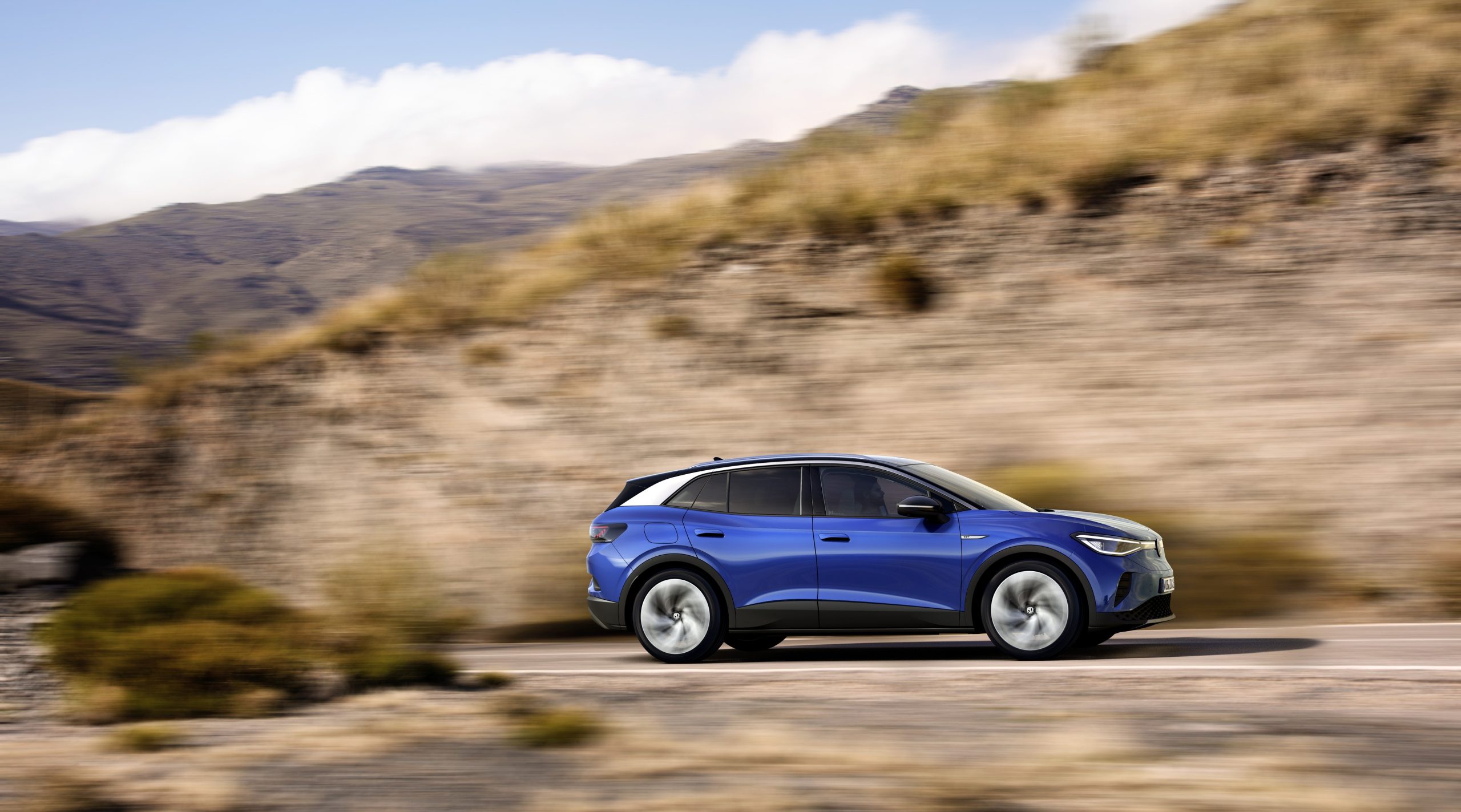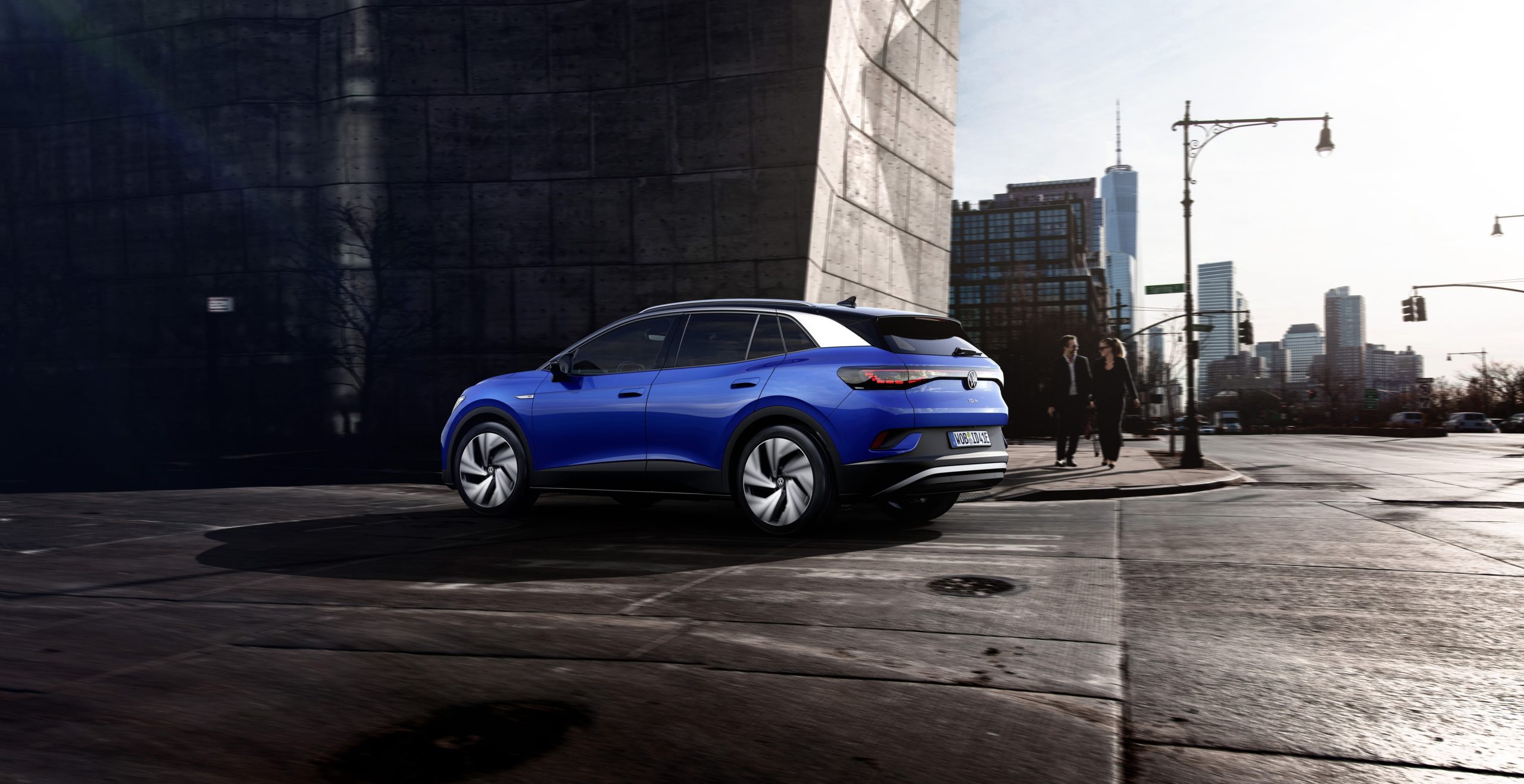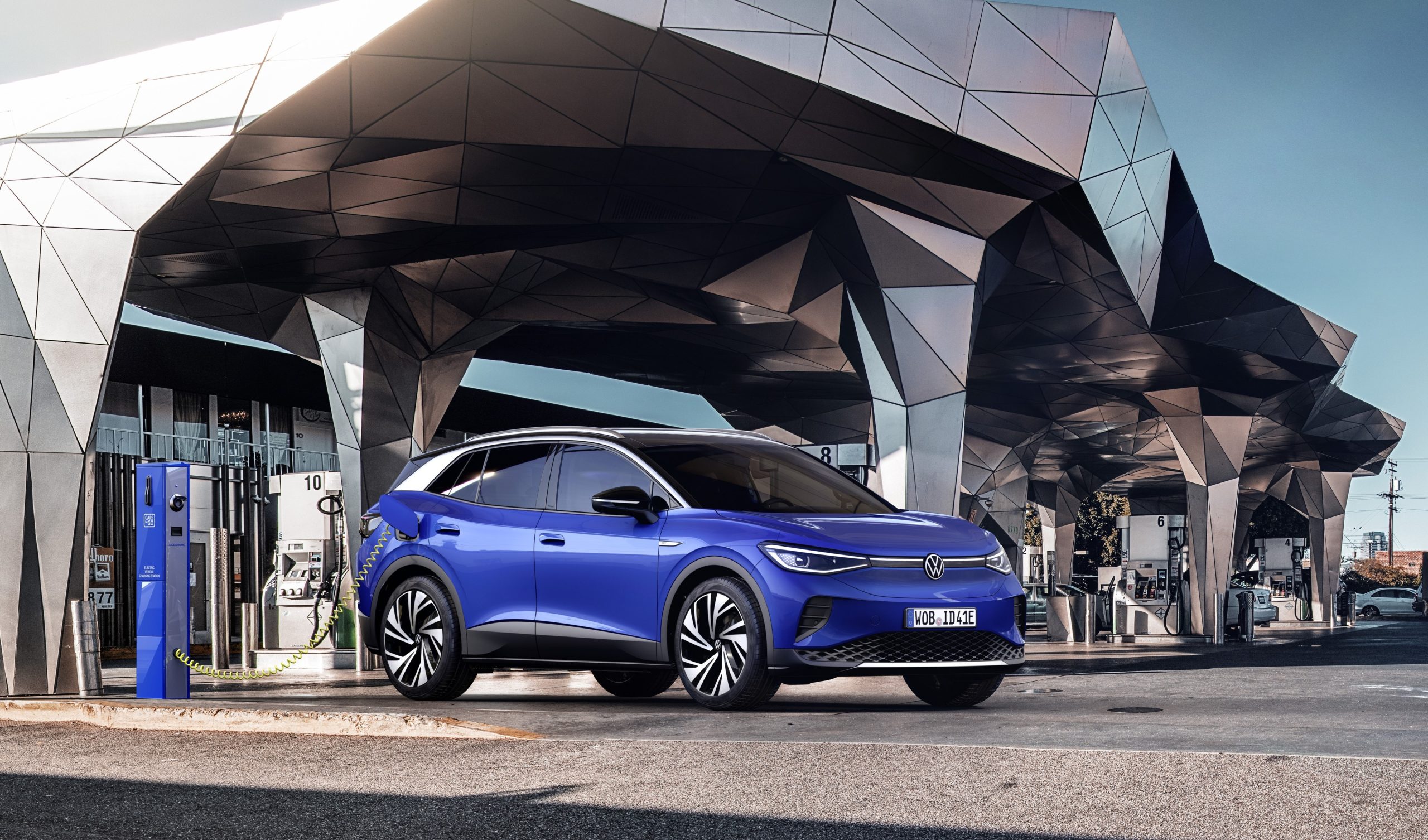Volkswagen, once a pioneer in the automotive industry, ventured into the electric vehicle market with a cautious approach. While they experimented with electric vehicles decades ago, their initial efforts were met with limited success. It wasn’t until Tesla’s groundbreaking achievements in the electric vehicle space that Volkswagen decided to embrace this technology fully.
Driven by the Dieselgate scandal and the increasing demand for sustainable transportation, Volkswagen introduced its ID.3, a compact hatchback, and the ID.4, a crossover SUV, to the market. While both models have garnered attention, they have faced stiff competition from Tesla’s Model Y, which has consistently outsold them.

Despite Volkswagen’s efforts to create a competitive electric vehicle lineup, the ID.4 and ID.7 have struggled to match the popularity and performance of the Model Y. While the ID.4 offers a range of features and options, its starting price is higher than that of the Model Y, and its range and performance are slightly inferior.
Although Volkswagen has made strides in the electric vehicle market, the Model Y remains a formidable competitor. For those seeking an affordable and reliable electric vehicle, the used VW ID.4 may be worth considering. However, the Model Y’s proven track record and superior performance make it a compelling choice for many consumers.
The once exclusive world of electric vehicles (EVs) is undergoing a transformative shift, making these eco friendly vehicles more accessible than ever before. This paradigm shift is primarily driven by a confluence of factors, including increased production, technological advancements, and government incentives.
One of the most striking developments in the EV market is the dramatic decline in prices, particularly for used models. Vehicles like the Volkswagen ID.4 and Audi e-tron, once considered luxury purchases, are now available at significantly reduced costs. This trend is fueled by a combination of factors, including a growing supply of used EVs, concerns about battery replacement costs, and government incentives designed to promote EV adoption.
While the allure of lower prices is undeniable, potential buyers should approach the used EV market with caution. Careful inspection, thorough research, and a keen understanding of the potential risks are essential to ensure a satisfying purchase. Factors such as vehicle history, battery health, and warranty coverage should be carefully evaluated before making a decision.

Despite these considerations, the EV market offers a compelling proposition for those seeking affordable, sustainable transportation. With their lower operating costs, reduced emissions, and advanced features, EVs represent a significant departure from traditional gasoline-powered vehicles.
As technology continues to evolve and charging infrastructure expands, EVs are poised to become an increasingly attractive option for a wider range of consumers. Beyond the financial considerations, the shift towards EVs has broader implications for the environment and energy sector.
By reducing reliance on fossil fuels and promoting renewable energy sources, EVs play a crucial role in mitigating climate change and ensuring a more sustainable future. As the EV market continues to mature, we will likely witness even more innovative and affordable models that further accelerate the transition to cleaner, greener transportation.

